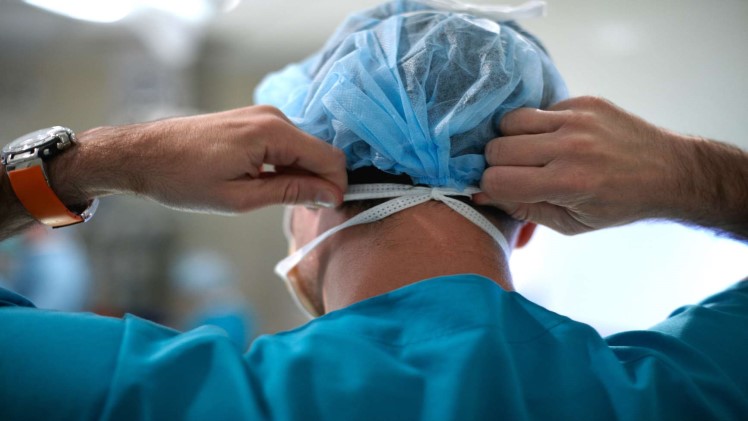While you might think the decision to go ahead with body-contouring surgery is the hardest, finding the right surgeon for you is equally important. Word-of-mouth referrals—from a trusted friend or relative—are often a good place to start. Once you have that name, you must still do your homework. Here are important criteria for choosing a plastic surgeon.
Whether you had a personal referral or found a surgeon from an online resource, ask these six questions when you call the office for the first time. Flashy ads and wild promises don’t tell the whole story (usually not even part of it). While many physicians advertise plastic surgery services, it’s important to make sure you have a qualified professional in plastic surgery. You must complete this step before including body contouring in this part of the BEAM Box.
Consider the following important questions:
1. Is he or she board certified in plastic surgery?
Ideally, you’ll want a surgeon who is board certified from the American College of Plastic c09.indd 204 10/22/09 10:17:19 AM Life after Weight Loss 205 and Reconstructive Surgery. (Note: Some ophthalmologists, who are board certified from the American College of Ophthalmology, have specialized training and have extended the scope of practice to cosmetic eye surgery, in additional to general eye surgery.
If you seek only localized eye procedures, you may want to explore that option. Similarly, some board-certified head and neck surgeons have additional training in some cosmetic procedures. Ask about your doctor’s specific training and certifications in your particular area of body-contouring interest.)
Read More About : uwatchfree
2. Does he or she operate in a hospital (not office) setting?
You’ll want to make sure procedures are done in a hospital, with major medical backup if there is an emergency. While “surgic enters” abound, if you are the person with a surprising complication, you’ll want to be in a major hospital with immediate medical attention. While some small procedures, including liposuction, are done in the office, most are done in the hospital.
These might be “day procedures”—no overnight stay—but you have the comfort and security of a hospital setting. There is a lot of variability in the surgi-center approach. Only a discussion with your surgeon can help you decide if this venue is appropriate for you.
Visit the site : Tamilmv

